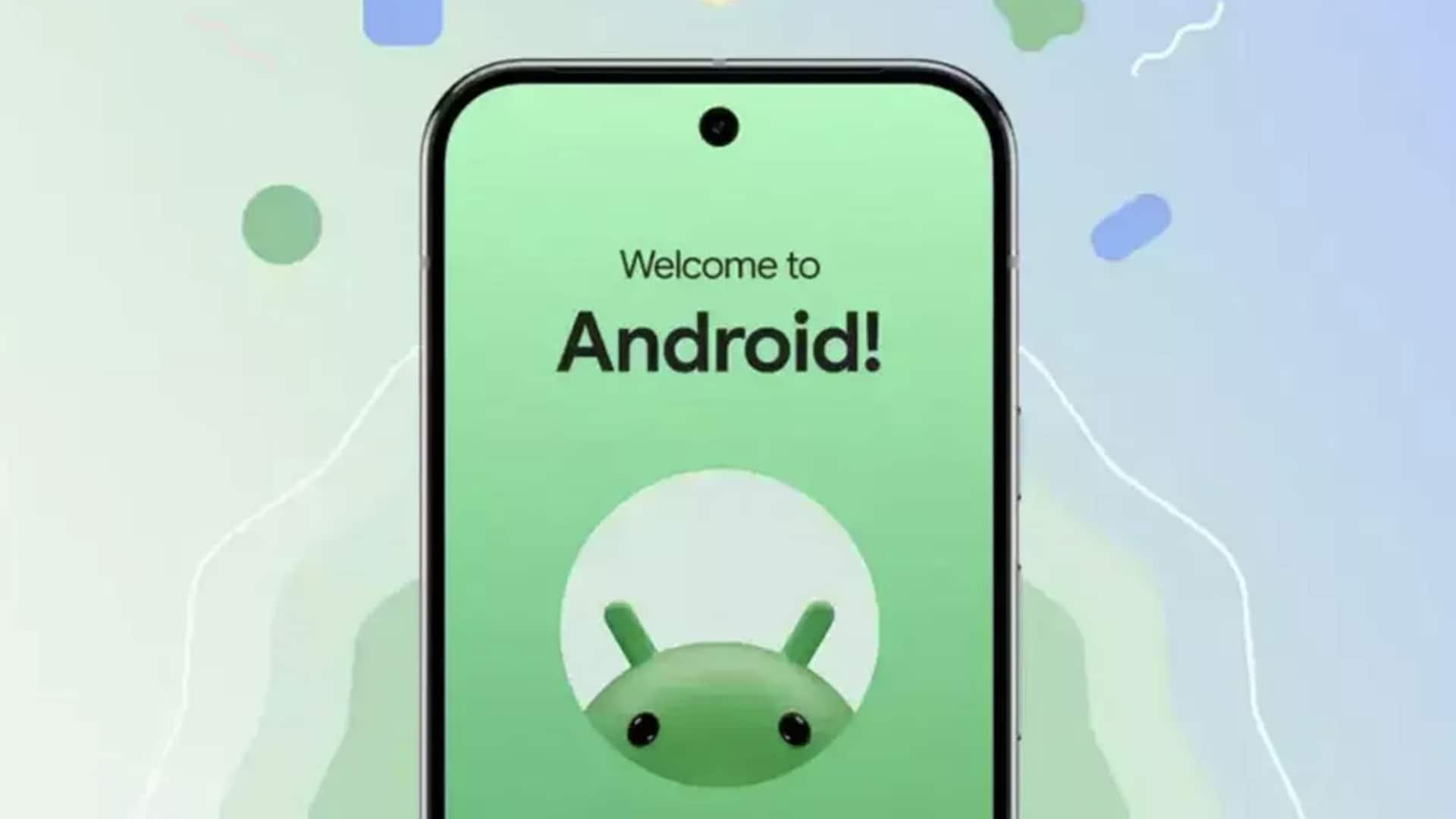
Google will now require developer verification for all Android apps
What's the story
In a major move to enhance security, Google has announced that starting from 2026, only apps from verified developers will be allowed on certified Android devices. The policy applies not just to the Play Store but also sideloaded apps and third-party stores. The change is part of Google's effort to combat malware and financial scams targeting users.
Verification process
Expanded verification process
The new policy is similar to the Play Store checks introduced in 2023, but it now covers all installation methods, including APKs downloaded outside Google's ecosystem. Google likens this process to an airport ID check where the focus is on confirming who the developer is, not reviewing their app's content. This way, it hopes to make it harder for fraudsters to quickly distribute new malicious apps after one gets taken down.
Console introduction
New requirements for developers
Developers who distribute apps only outside Google Play will now have to use a new Android Developer Console. The process will be lighter for students and hobbyists than commercial developers. Organizations will also have to register with a Data Universal Numbering System. Google Play developers already meet most of these requirements through existing checks on the platform.
Implementation schedule
Rollout timeline
The rollout of this new policy will begin with verification access for some developers in October 2025. The general availability is set for March 2026, with enforcement starting in September 2026 across Brazil, Indonesia, Singapore, and Thailand. These markets have been most affected by scam apps. Global enforcement will follow in 2027 when every app on a certified Android device will need a verified developer behind it.